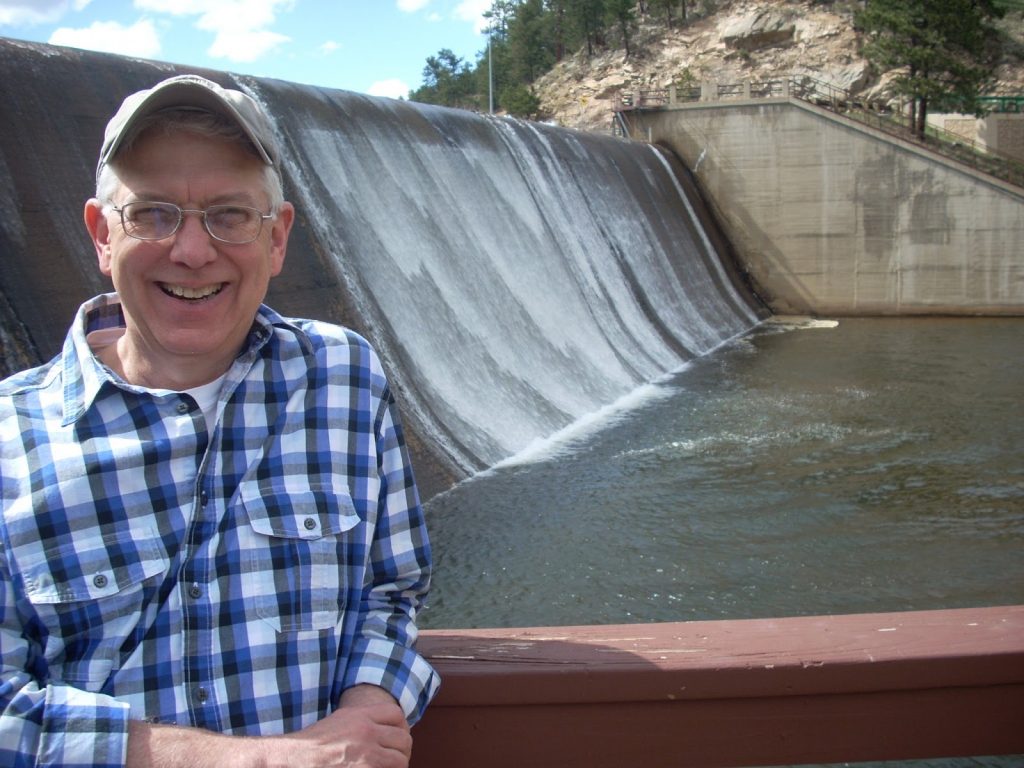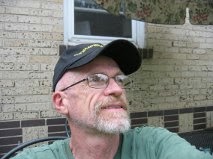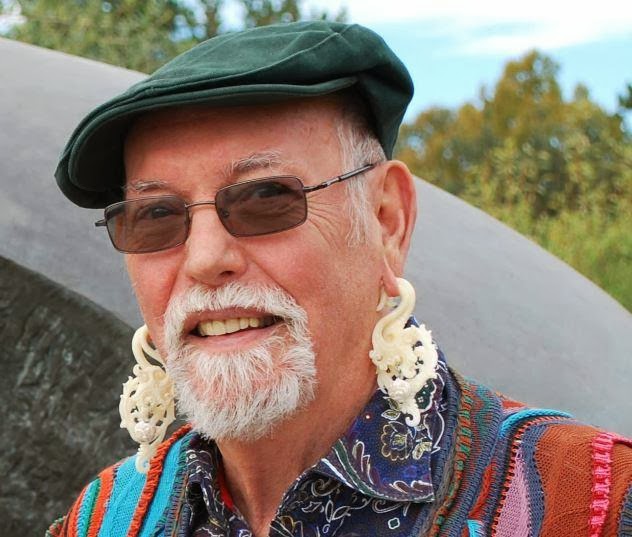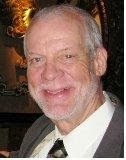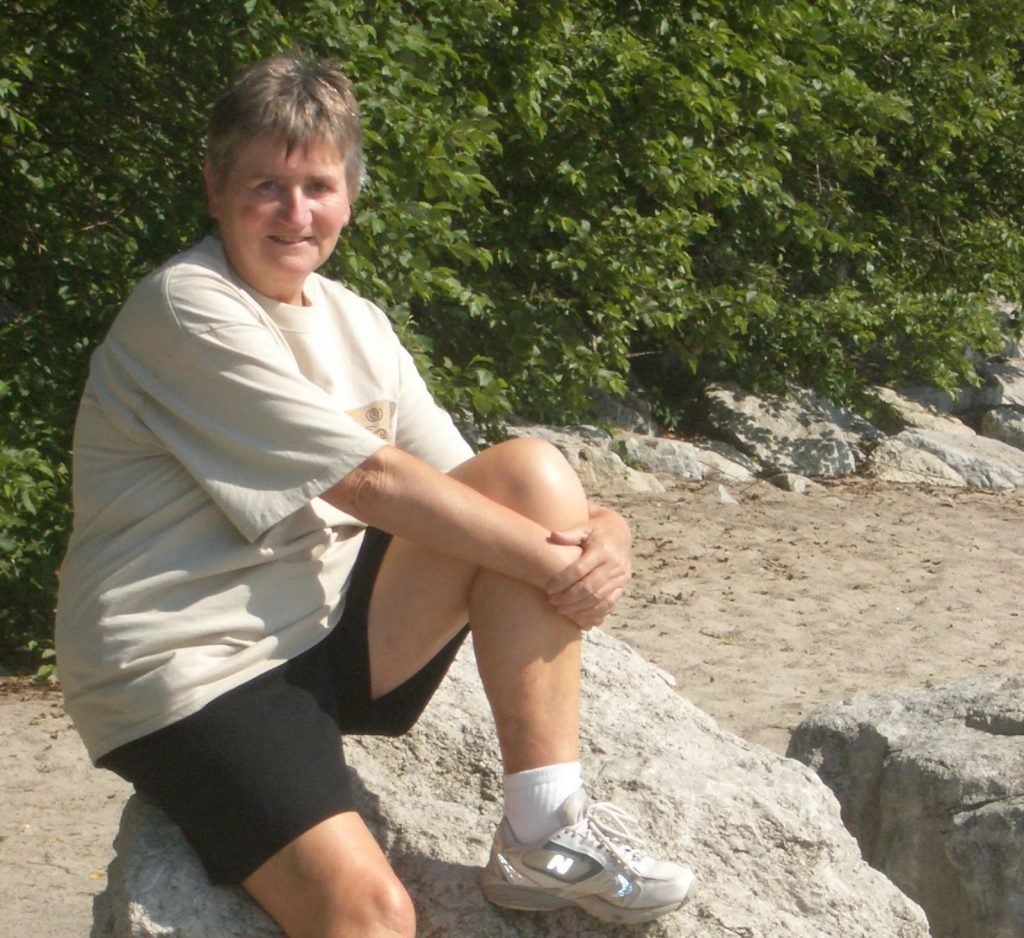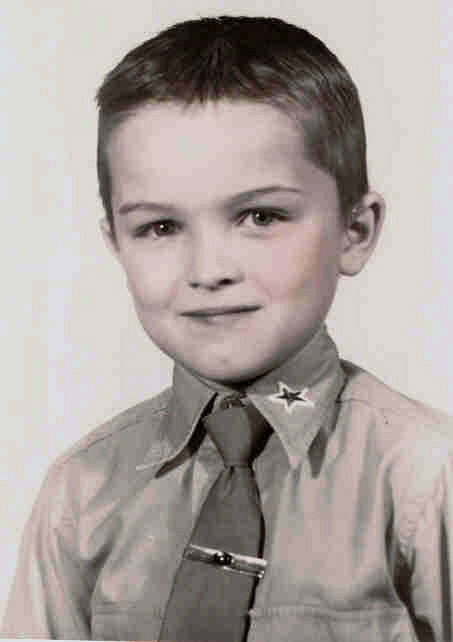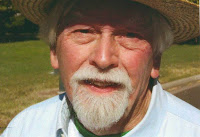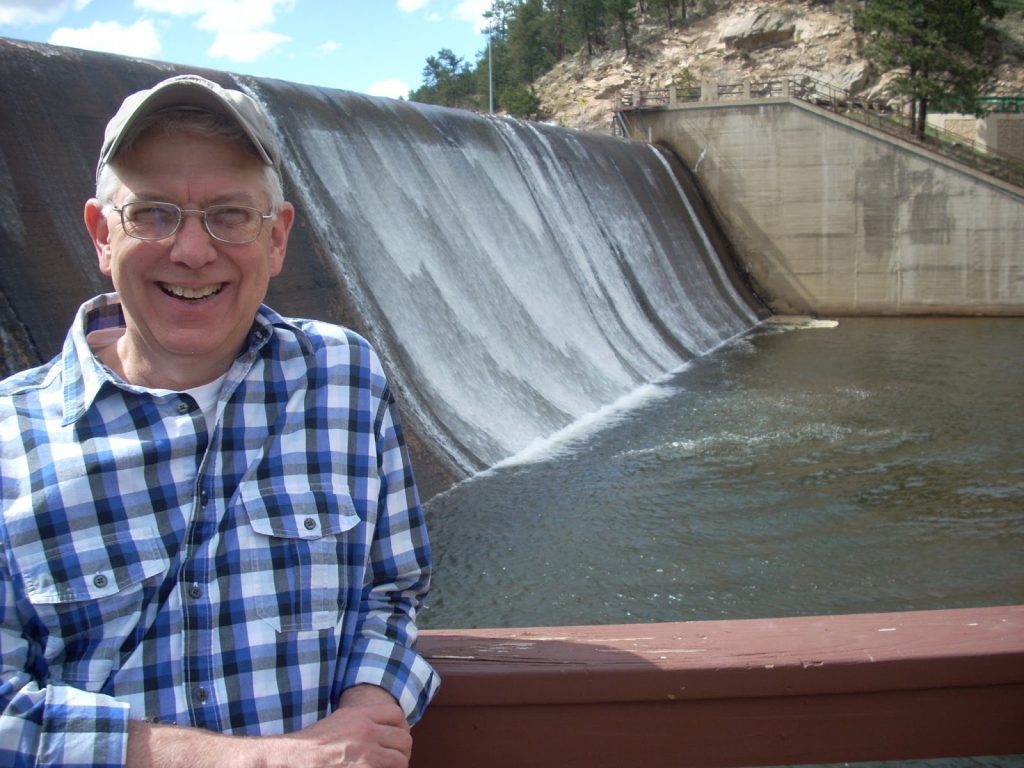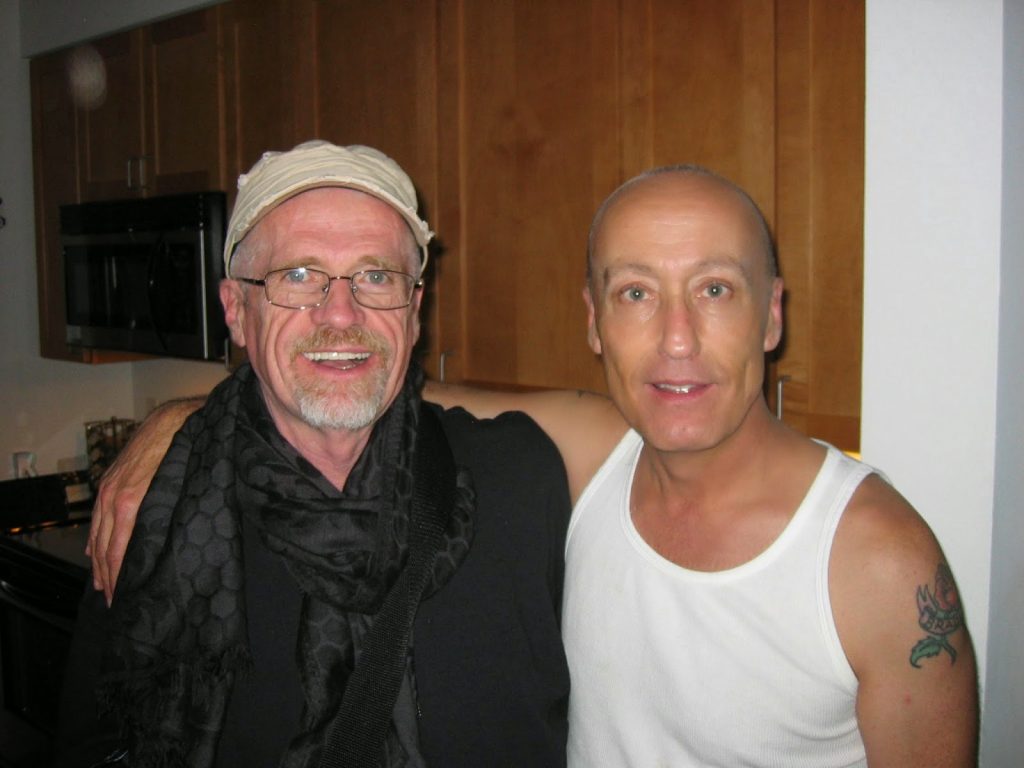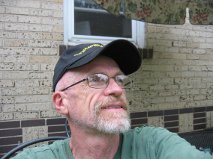The book circulated through the men’s dorm that fall of 1967, a pornographic novel that my roommate claimed was written by a group as an experiment to see if a coherent novel could be written by a committee, each member contributing one chapter. Protagonist Candy’s sexual exploits made up the content, and a different male was introduced in each chapter. It was my turn to read the book.
Did I think the committee’s book worked? Would it fool the editorial world? He asked. Of course, it must have worked; I was reading a printed and bound commercial copy. Was it literary? What a question. Perhaps the holy air of a dorm at a church-related college demanded literary posturing. One must consider that people who desire a book with a convincingly direct and graphically explicit sex scene at the climax of every chapter don’t really care who or how many who’s wrote it. They might count the chapters to see how many times the book could bring them to a climax, to guess how many days the book might last! Editors and publishers might also calculate similarly with an eye on porn rights and profits, especially if such a book could be marketed on the legitimate book list. I avidly read Candy by Jerry Southern.
My very first exposure to pornography, though, was in magazines we pre-pubescent boys stole from Eefie Enzor’s little grocery store on West Tenth Street. We stowed them in a secret place in our hideout. We saw pictures of breasts and probably made lots of stupid comments about them. We reveled in the forbidden nature of having purloined print to go along with the purloined cigarettes and cigars we smoked while turning the pages. My favorite magazine was Adam, a glossy-print rag with photographs and stories. Once, someone lifted a copy of the smaller-format Sexology Monthly that featured informational articles on sex plus a few stories. I began reading porn at age ten.
As a twenty-year-old in a college dorm I read Candy. It had been years since I’d even looked at pornography, for by the time I reached puberty, our gang of little thieves had broken up, and I no longer had access to such magazines. Rather, I discovered the joys of ejaculation with another live boy, one a couple of years younger than I. He didn’t come and we weren’t exactly close friends. At least that is my memory. My sexual development at that time was free of glossy porn. I had sex with boys in a most direct and powerful manner.
Still, I was a reader and as a ninth grader found a couple of sex scenes in a murder mystery in my father’s collection of books. I found another hot sex scene in one of his historical novels. As a tenth grader, I continued reading historical novels. I didn’t find sex scenes very often but didn’t miss them or the porn because I found another boy with whom to have sex. Rather, he found me. We kept busy. After he moved away, I got too busy with church, school, and extracurricular activities, and with girls. Then in college, Candy came to call. I suspect that in reading some of the chapters, I made my first conventional use of pornography.
- Porn helped me understand my sexual needs. For example, straight porn, as in Playboy, did little for me. Pictures of men and women in sex, as sometimes showed up in Penthouse, I found more interesting.
- I grew to detest the objectifying of other persons as things or tools to be used either as sex object or in general.
- I like sex but want it with people; real live, complex folk who interest me.
- I am more interested in people than in bodies or body types. I prefer smiles to muscles.
- I like porn as substitute sex; at least I value porn at this level.
- As a married man I didn’t use porn for I had my wife with whom I made love several times a week. I didn’t want a prostitute, even if only a print prostitute.
- As my homosexual needs gained my attention, I found gay pornography useful to me. In fact, gay literature and occasionally porn helped me sustain my sanity. In addition to my very nice marriage and my longstanding affair with a male lover, gay literature and pornography gave me a growing sense of identity and an immediate sexual release that contrasted with the rest of my life.
- Pornography for me was literally what the old word means: writing and/or pictures of prostitution. Eventually porn was my going to a male prostitute for what I otherwise could not get in my other relationships. It was the lifesaver for this married man.
- I’ve long had friends in literary characters and sometimes in pornographic characters as well.
About the Author
Phillip Hoyle lives in Denver and spends his time writing, painting, and socializing. In general he keeps busy with groups of writers and artists. Following thirty-two years in church work and fifteen in a therapeutic massage practice, he now focuses on creating beauty. He volunteers at The Center leading the SAGE program “Telling Your Story.”
He also blogs at artandmorebyphilhoyle.blogspot
